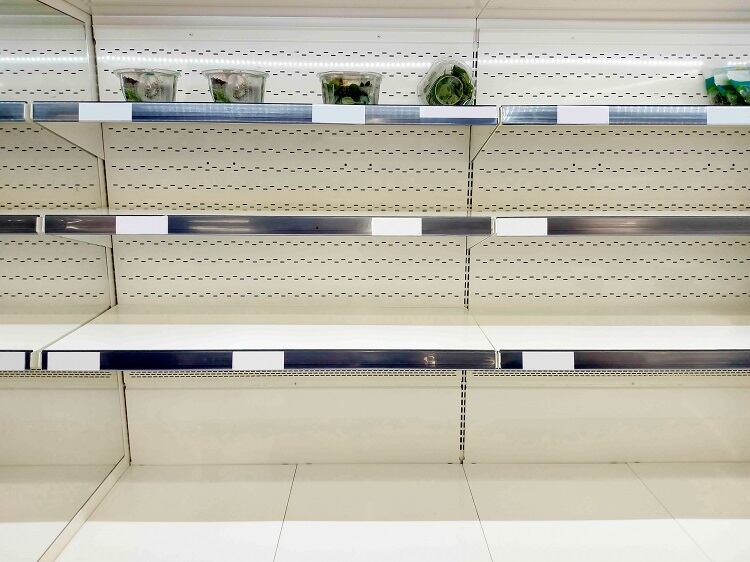The call comes after academics from City, University of London’s Centre for Food Policy – Rosalind Sharpe, Kelly Parsons and Corinna Hawkes – undertook an in-depth exploration of how food policy is made in England.
In their recently published Guidance Note, titled ‘Coordination must be key to how governments respond to COVID-19 food impacts: a view from England’, the researchers reveal their findings. Notably, they found that no fewer than 16 departments are involved in some aspect of food policy in England.
Given that governments elsewhere in the UK – in Scotland, Wales, and Northern Ireland – also have policy-making powers, the academics argue the current system’s fragmented nature leads to confusion and duplication.
COVID-19 shines light on fragmentation, suggest academics
While it would be unreasonable to expect any government to have been ‘fully prepared’ for the effects of the coronavirus pandemic, the researchers argue that better cross-government coordination could have strengthened England’s response to its associated food emergency, at least in the short term.
“For example, it could have helped match supply and demand when restaurants and hotels were ordered to close, leaving huge volumes of food destined for the catering sector stranded without a use, especially since at the very same time, supermarket shelves were being emptied and many people found themselves without an income and unable to buy sufficient food,” noted the authors.
Further, the academics believe a more coordinated approach could have alleviated the anxiety felt by the recipients – and their families – of Free School Meals when schools closed, and could have averted confusion over whether street markets and farmers’ markets could stay open safely.
“Food affects many policy sectors, from agriculture and business to trade and health. As a result, important decisions that affect what we eat and who gets to eat it are made in different parts of government, and they don’t always join up,” said Sharpe.
“This isn’t a new problem, but COVID-19 has really highlighted the lack of coordination, for example with food shortages and surpluses hitting at the same time, or schools closed without plans made to feed kids dependent on free school meals.”
Crisis drives independent action, yet ‘they cannot do it alone’
The researchers also observed that in absence of a coordinated cross-governmental approach to the COVID-19-influenced food emergency, voluntary organisations and businesses ‘jumped into action’ to ‘plug the gaps’ at a local level.
Such actions include catering wholesalers converting themselves into box schemes, and restaurants pivoting to become grocery stores or takeaways.
At a national level, supermarkets are doing their best to coordinate supply and demand. Yet ‘they cannot do it alone’, note the researchers. “What is missing is coordinated response from the government.”
With government coordination, the research team believes sufficient quantities of nutritious food could be made available to consumers on a fair basis, and the UK’s small-scale food businesses could ‘survive into the future’.
“Never in recent British history has it been more evident that a coordinated approach to food policy is needed,” concluded the authors. “Whatever the trajectory of the pandemic, the level of disruption already caused means that the COVID-19 crisis will continue to affect the production, distribution and consumption of food in the UK for months to come.”
In the short term, Sharpe, Parsons and Hawkes say better policy coordination could help to rebuild consumer trust. And in the longer term, it could ‘lay the foundation’ for a ‘more resilient food system’, they argue.
“A cross-government committee on the food system would be one step towards facilitating the transition to a more resilient, fairer, and healthier food system, which contributes to the economic recovery,” noted Hawkes.



